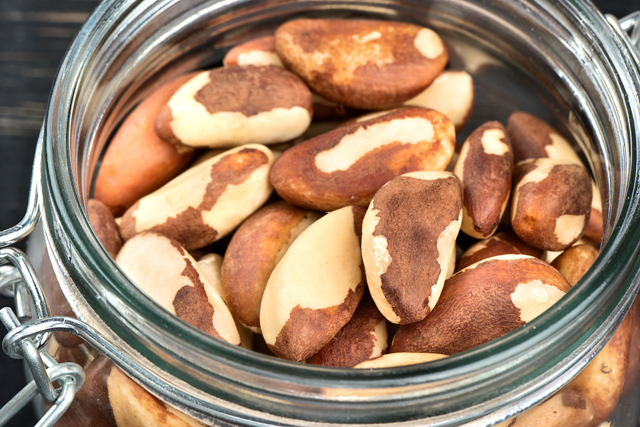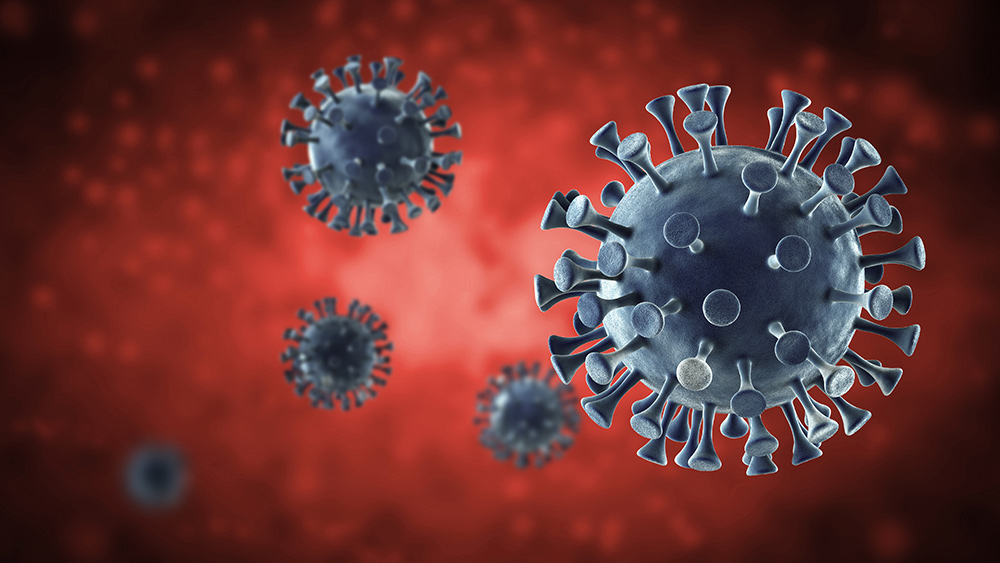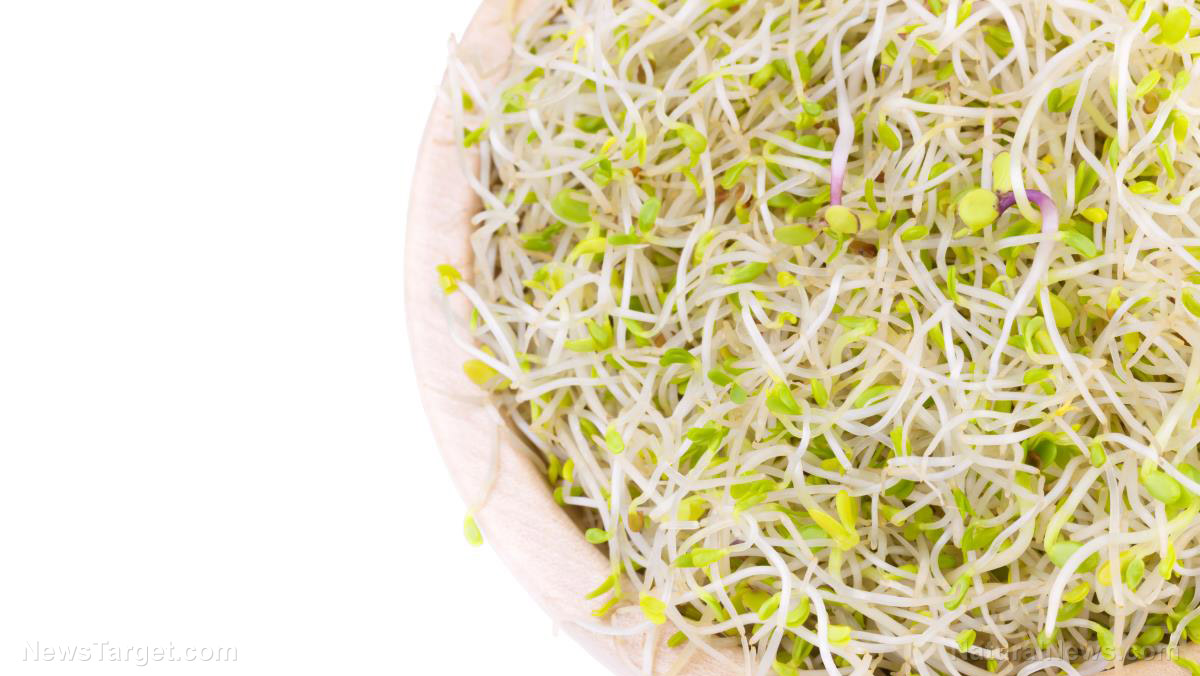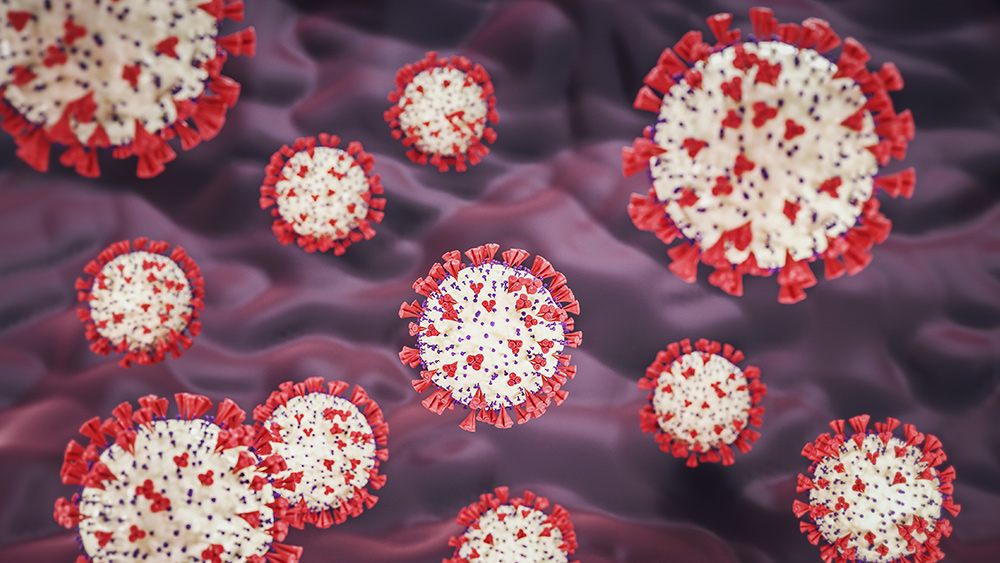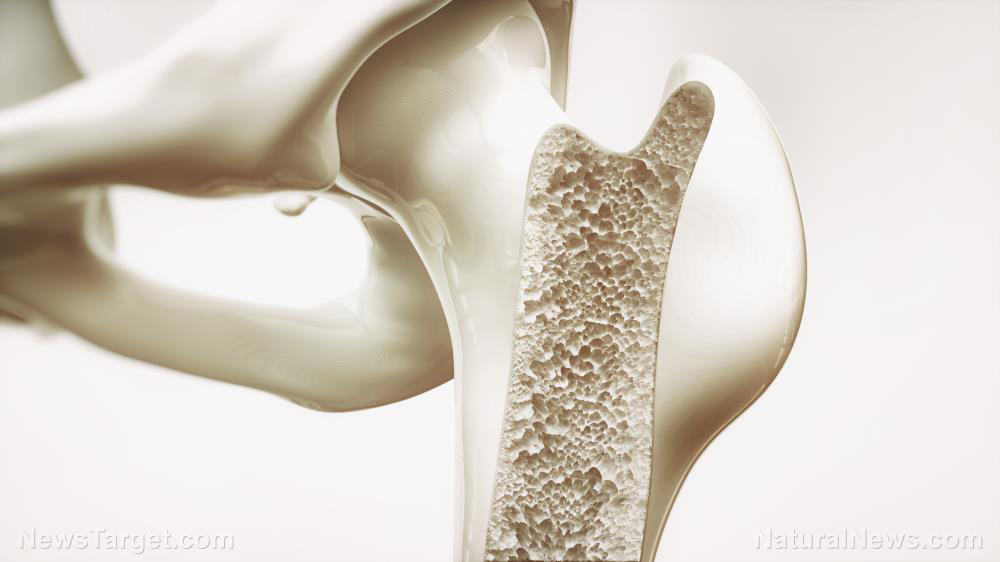Researchers explore the effects of a plant compound called resveratrol in patients with ulcerative colitis
04/07/2020 / By Ralph Flores

People suffering from ulcerative colitis can benefit from a plant compound found in red wine and chocolate. A recent study published in the Archives of Medical Research revealed that resveratrol can improve the quality of life of patients with ulcerative colitis.
What is ulcerative colitis?
Ulcerative colitis is a chronic disease that affects the inner lining of the large intestine. In particular, it causes inflammation and ulcers (sores) to appear in the digestive tract. Ulcerative colitis develops gradually and can become worse over time. While signs and symptoms vary depending on the severity of the inflammation and where it occurs, some commonly recognized symptoms of ulcerative colitis include:
- Bloody diarrhea, sometimes with pus
- Abdominal pain and cramping
- Rectal pain
- Having an urgent feeling to defecate but being unable to do so
- Weight loss
- Fatigue
- Fever
People with ulcerative colitis often have periods of remission when symptoms disappear. These can last for weeks or even years.
Inflammatory bowel disease — which includes ulcerative colitis and Crohn’s disease — affects 1.3 percent of adults in the United States.
Resveratrol supplementation can improve quality of life and help manage symptoms of ulcerative colitis
For their study, researchers from Iran looked at whether supplementing with resveratrol can improve symptoms of ulcerative colitis. A total of 50 patients with mild to moderate ulcerative colitis were given resveratrol capsules, which they took for six weeks. The researchers found that supplementing with resveratrol significantly reduced biomarkers for inflammation and clinical colitis.
“Our results indicate that 6 weeks [of] supplementation with 500 mg resveratrol can improve quality of life and disease clinical colitis activity at least partially through inflammation reduction in patients with [ulcerative colitis],” the researchers wrote in their report. (Related: Polydatin, a precursor of resveratrol, may help prevent heart disease.)
Other benefits of resveratrol
Resveratrol is mainly found in the skins and seeds of grapes and other berries. Many people know resveratrol as the compound in red wine that provides heart benefits. However, resveratrol can improve a person’s health in other ways. (h/t to Healthline.com)
- It improves cholesterol levels. Multiple studies have shown that resveratrol can reduce total cholesterol levels and improve high-density lipoprotein (or “good”) cholesterol levels. The compound also reduces low-density lipoprotein (or “bad”) cholesterol levels.
- It lowers blood pressure. The antioxidant properties of resveratrol make it a promising supplement for people with hypertension. An earlier review found that high doses of resveratrol can reduce pressure on the arteries. Resveratrol has also been studied for its vasodilating properties.
- It protects the brain. Multiple studies have shown that drinking red wine can help slow down age-related cognitive decline, partly due to the antioxidant and anti-inflammatory properties of resveratrol. The compound also interferes with beta-amyloid, a protein linked to the development of Alzheimer’s disease.
- It boosts insulin sensitivity. Supplementing with resveratrol can potentially benefit those with diabetes. Some benefits linked to the compound include increasing insulin sensitivity and preventing complications. Resveratrol can also inhibit enzymes from converting glucose into sorbitol, which can damage cells in people with diabetes.
- It helps with joint pain. Resveratrol, as well as other plant-based supplements, has been studied for its ability to treat joint pain. Supplementing with resveratrol can prevent cartilage from breaking down — a hallmark symptom of arthritis.
Resveratrol is a powerful plant compound that offers more than just heart and digestive health benefits. You can learn more about this compound at FoodScience.news.
Sources include:
Tagged Under: anti-inflammatory, antioxidant, digestive health, food cures, food is medicine, food science, heart health, natural cures, natural medicine, phytonutrients, red wine, research, resveratrol, supplements, ulcerative colitis


